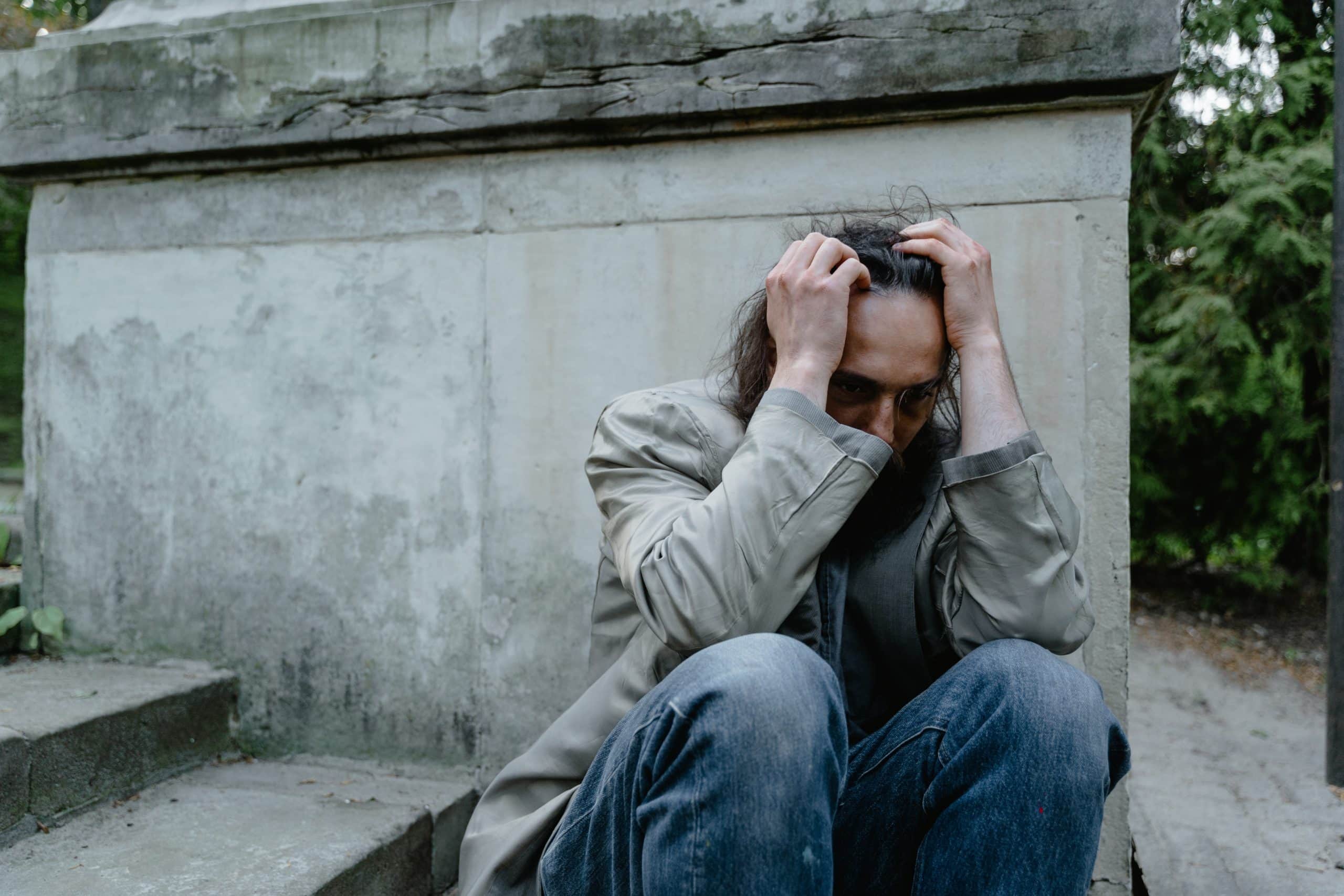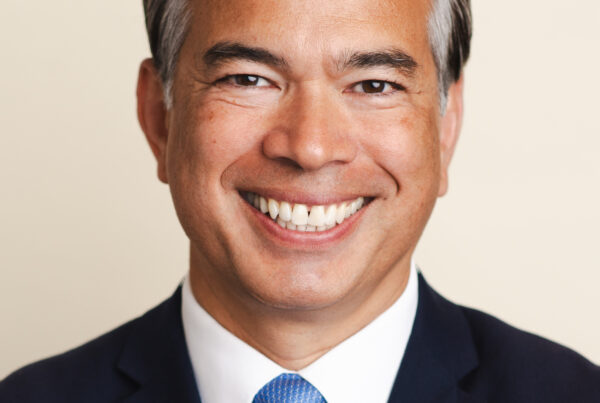California’s new compulsory mental health treatment program is set to begin in Riverside County Oct. 2. Riverside is one of seven counties in the Community Assistance, Recovery and Empowerment Court pilot program.
The program authorizes courts to place adults with psychotic disorders in a yearlong treatment program at another person’s petition. It also applies to misdemeanor defendants found mentally incompetent to stand trial, but only if the defendants were found ineligible for diversion programs. If a misdemeanor defendant is accepted into the CARE Act, their charges will be dismissed.
“The CARE Act is one more way in which the court can help to ensure that eligible individuals are provided with the








